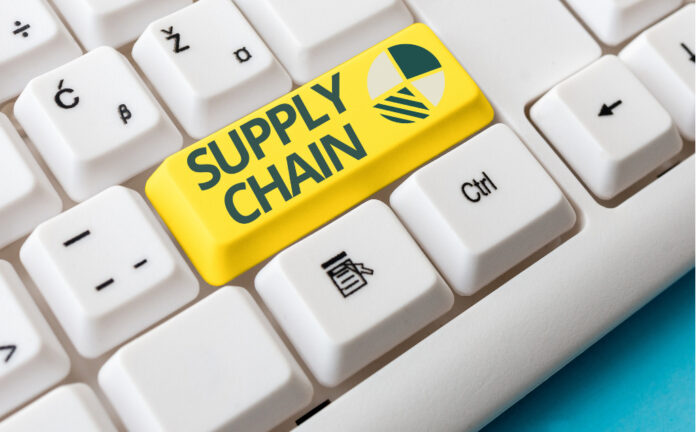The new edition of the ISG Provider Lens Report Supply Chain Services 2024 for Brazil, produced and distributed by TGT ISG, highlights that suppliers of supply chain services have excelled in circular economy, since companies are concerned with ensuring traceability, as in the food and export markets.
To support these initiatives, companies are adopting technologies such as blockchain, IoT and Big Data, ensuring greater transparency and alignment with sustainable practices. Among the main points discussed in the report, the integration of the value chain using technologies such as standard and generative artificial intelligence was one of the highlights. AI, especially generative, has been applied in several areas, such as industry, logistics and control towers, promoting greater automation, efficiency and productivity in processes.
According to the report of TGT ISG, suppliers of supply chain services in Brazil, including consulting, technology and BPO, have adopted strategies such as company acquisition, investment in centers of excellence, development of new offerings and training of talents. These initiatives reflect the broad performance of this sector, which is crucial to the agenda in Supply Chain services.
Areas of impact include logistics projects that assess carbon emissions, sustainable procurement with clear criteria for suppliers, waste management and responsible use of water and natural resources in manufacturing, among others.This focus has been reinforced by global events such as COP27, held in Sharm El Sheikh, Egypt in 2022, and the U. S. Inflation Reduction Act, which has allocated significant resources to the country's energy transition.
“In Brazil, we observe the theme on the agenda of the councils and in the discussions of the C-level. However, according to the suppliers of supply chain services, the demands of companies are still timid or limited, because doubts still persist about the economic return of this type of investment. COP30, which will be held in 2025 in Belem, in Para, can bring changes in this scenario”, distinguished analyst of TGT ISG and author of the study.
Customer centricity, omnichannel challenges, and convenience options such as in-store shopping and receiving at home or online shopping and in-store pickup, as well as closer consumer inventory and the growth of marketplaces, have significantly increased supply chain complexity.
“The processes and systems needed to be evolved and, mainly, the operations, logistics operators, carriers and professionals of the GIG economy, who play an increasing role in this” scenario, reveals Sidney.The author highlights that the GIG economy, based on autonomous work and demand, has been essential to meet the flexible needs of the modern supply chain. In this context, the term (chain has become, probably, inadequate, being more appropriate to speak in 1NET. “ Operations or ecosystems networks represent the new reality to structure and manage supply chains, in order to meet the demands of customers and overcome significant gains from the evolution of technologies and will be able to overcome.
The 2024 ISG Provider Lens Supply Chain Services report for Brazil assesses the capabilities of 40 suppliers in four quadrants: Supply Chain Advisory and Consulting Services, Supply Chain IT Operations Services, Supply Chain BPO Services and Circular Supply Chain Services.
The report names Accenture as Leader in all four quadrants.He appoints EY as Leader in three quadrants and IBM and Tech Mahindra as Leaders in two quadrants each.Deloitte, ILOS, McKinsey, Stefanini, TCS and Xcelis Solutions are named Leaders in one quadrant each.
In addition, Alvarez & Marsal is named Rising Star & a company with a promising “portfolio and “alto potential future by the definition of ISG & ISG in two quadrants.BRQ and PwC are named Rising Stars in one quadrant each.
A customized version of the report is available from Accenture.


